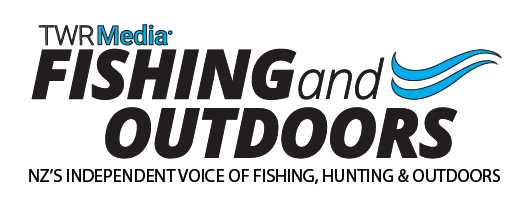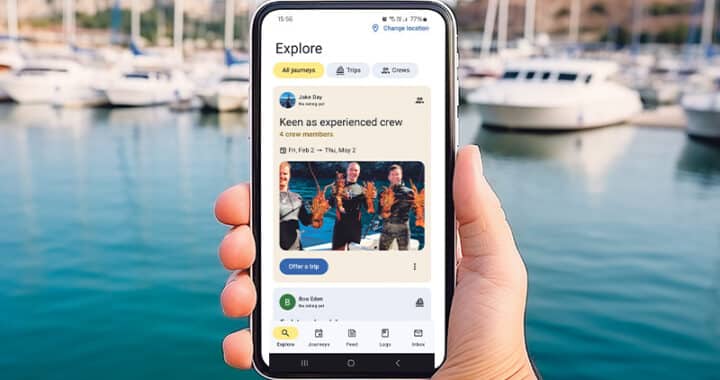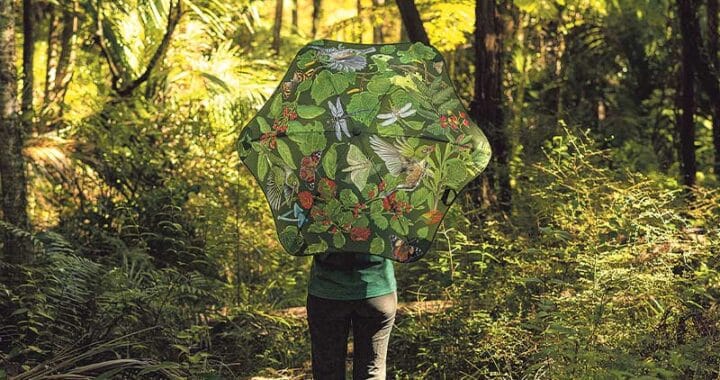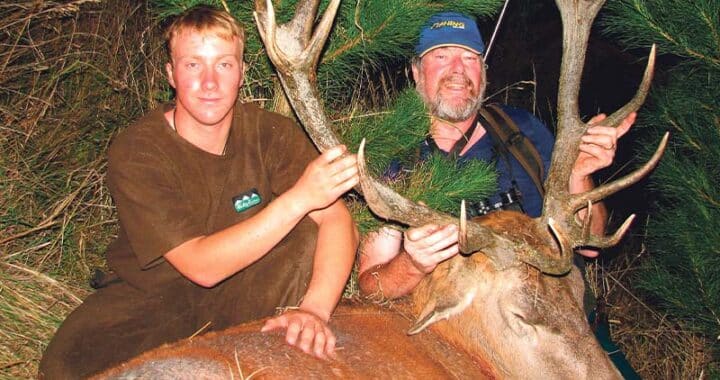Is New Zealand’s fish and game sector sexist?
5 min read
The faces that make up the NZ Fish & Game Council are all very similar
The organisation was put in the spotlight last month when Southland Fish & Game councillor Ken Cochrane made sexist remarks at a public meeting. He has since been ordered by his colleagues to resign. Speaking at a whitebait consultation meeting, Cochrane described a whitebait working group as being influenced by “chick scientists” from the Department of Conservation (DOC).
“I sat there on day one and I thought, ‘I’m listening to a whole bunch of chick scientists who, if you look at the view they were pitching, everybody in New Zealand should not shave their armpits… should whitebait in their jandals… after they catch one patty for tea they should sit down, hold hands and sing Kumbaya,” Cochrane said.
Cochrane’s comment caused outrage in the media, with conservation minister Eugenie Sage saying the comments were “derogatory and discriminatory” and DOC director general Lou Sanson calling them appalling. Following Cochrane’s outburst, an emergency meeting was held on 26 February where the Southland Fish & Game Council unanimously called for his resignation.
“Fish & Game is an organisation that takes a science- and evidence-based approach to all its decisions,” said SouthlandFish & Game chairman Graeme Watson.
“Scientists who are merely doing their job should not have to put up with such unacceptable comments, and quite frankly, nor should anyone else.
“Mr Cochrane’s patronising, sexist remarks are not representative of Fish & Game as an organisation,” he said.
Work to be done
While the group’s decisive response to Cochrane’s actions has been praised, focus has shifted to the lack of representation among the regional councils and in the sport as a whole.
Established in 1990, Fish & Game is made up of 12 councils, each representing a region from around New Zealand. The national New Zealand Fish & Game Council is made up of representatives from these councils and is chaired by Lindsay Lyons.
The organisation is responsible for the management of New Zealand’s sports fish and game resources and represents the interests of anglers and hunters.
According to its website, it is funded through the sale of fishing and hunting licences. The Southland Fish & Game Council comprises 12 councillors, including Cochrane, none of which are women.
In fact, of the 12 regional councils, only three have female representatives.
Otago Fish & Game, which represents Dunedin/North Coast, Clutha, Central Otago, Lakes as well as a Ngai Tahu representative, lists Vicky Whyte Roxburgh as a councillor for Central Otago. All other members of the council are men. Eastern Fish & Game appointed Debbie Oakley to council in October last year.
Central South Island’s council is made up of 12 councillors, and its deputy chair Chanaide Fulton of Ashburton is the only female representative.
Northland, Auckland/Waikato, Taranaki, Hawke’s Bay, Wellington, Nelson/Marlborough, West Coast, and Southland councils consist of only male councillors. The national NZ Fish & Game Council is also all male.
Fish & Game NZ explored this topic in its September 2019 Fish & Game Special Issues publication. In it, the organisation said having only two women among its 137 councillors was ‘poor’ and something it needed to improve on, and improve on quickly.
“Not only do we know we need more women in our sport, but we need more women in positions of power making decisions about the future of our great sport,” the article said.
Taranaki Fish & Game regional manager Glen Maclean told Fishing & Outdoors that while the council does not have any female councillors at present, it was looking at ways it could diversify.
“At [our] meeting of Saturday 22 February to discuss the council’s five-year strategic plan, it was agreed to include an objective in the plan to seek greater diversity across the council and to identify possible options to achieve this,” he said.
Likewise, Hawke’s Bay Fish & Game are actively working to address the lack of women on its council and hope to have women put their names forward for its next election, according to regional manager Jesse Friedlander.
“Within our region, we are running women’s fly-fishing courses, which we hope will encourage more women into the sport and eventually into positions of leadership within the hunting and fishing community.
We have had a great response to these courses and will look in the future to run similar courses/provide hunting opportunities for women in the future.”
Eastern Fish and Game had a female representative, Annaka Davis, on its council for five terms – 15 years in total – until she stepped down in 2018.
“The Eastern Fish & Game Council has for quite some time had considerable diversity among its members in terms of demographics, and this includes female representation,” manager Andy Garrick told Fishing & Outdoors.
“No women put their name forward for the 2018 election round, and indeed we were two candidates short of needing or being able to go through a full blown election process this time around,” Garrick said.
“Last October, however, the EFGC appointed Debbie Oakley from Te Puke to council, so we again have female representation on this body, which is great.
“While our council is more diverse than some, it periodically considers this issue and generally identifies women and younger persons as the demographics most lacking in some years. The council doesn’t have formal policies in place around diversity but does what it can to enhance this when it is clearly lacking. Noting, however, at the end of the day the Fish & Game election process as structured can’t ensure this. It’s up to licence holders to put themselves forward as candidates or be encouraged to,” he said.
A lack of interest from licence holders and an ‘unwillingness’ to stand for council is an issue that concerns the West Coast Fish & Game Council as a whole. “This is not specific to female anglers and hunters; our council encourages any licence holder to stand for council when an interest is shown,” West Coast Fish & Game manager Dean Kelly said.
“Unfortunately, the poor representativeness of female governors represents a larger issue of poor numbers of female anglers and hunters throughout the country. Poor numbers of female anglers and hunters has been highlighted through our recruitment, retention, and reactivation programme and we will be making a significant drive to get more involvement from female participants in the two sports, which will hopefully, in turn, increase participation in the management of sports fish and gamebirds throughout the country.”
North Canterbury Council told Fishing & Outdoors it had identified the current lack of diversity in its council following an external audit last year.
“As an organisation we would like more representation from passionate rural, professional, female, and iwi fishing/game-bird hunting enthusiasts,” said Alan Strong, North Canterbury Fish and Game chairman.
“We have decided that to have the best council possible we will most likely need to be proactive and actively advertise for the specific skills and people we need in the organisation at next year’s council elections.”
The national New Zealand Fish & Game Council had not returned request for comment at the time of publication.
Words by Shannon Williams



